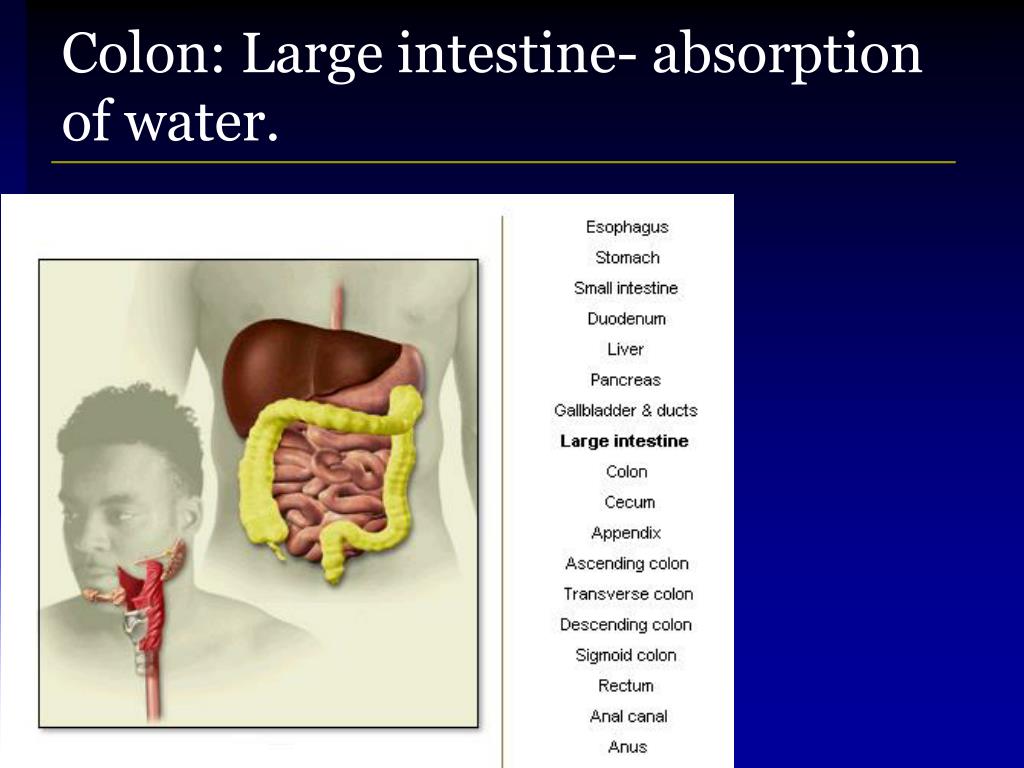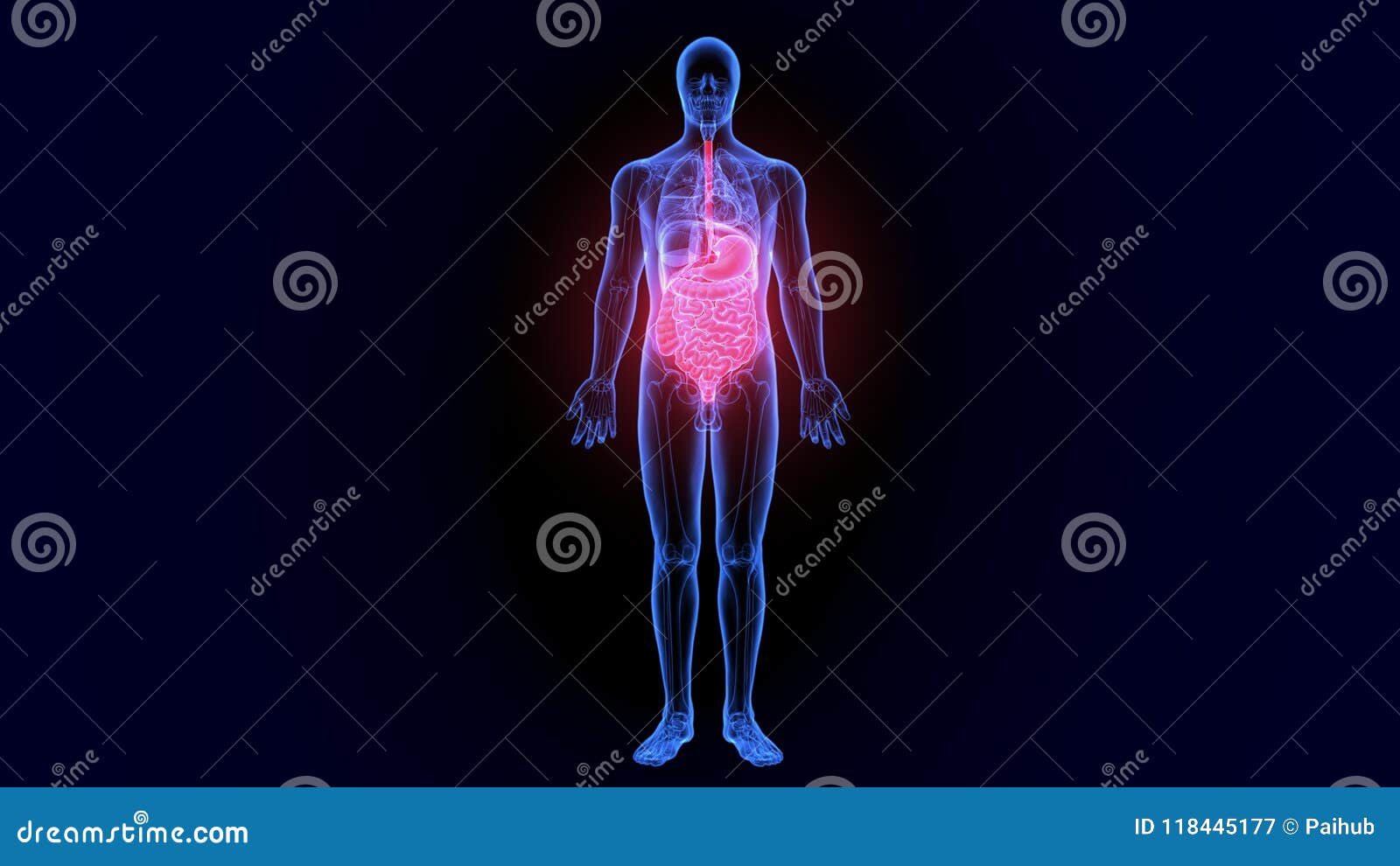

During exercise, your body loses fluids and electrolytes. Muscle cramps are a common sign of dehydration, especially after exercise or exertion. In fact, dry and chapped lips are often one of the first signs of dehydration. This is because your lips lack oil glands, which can help keep them moisturized. When you’re dehydrated, your lips become dry and prone to cracking. Chapped lipsĬhapped lips can be an indicator that you’re not drinking enough water. This is a common issue in the morning, as you don’t drink water or produce much saliva during the night. When your mouth dries out, it provides an ideal environment for bacteria to grow rapidly, leading to bad breath. Saliva also has antibacterial properties, but when your body is dehydrated, it can't produce enough saliva to clean your mouth. Drinking water is crucial because it helps to keep you hydrated and flush out particles from the surface of your teeth. One of the less obvious signs of not drinking enough water is bad breath. It’s important to listen to your body and drink water when you feel thirsty in order to prevent dehydration and its associated symptoms. Thirst is the brain’s way of signaling that your body needs water, so if you’re experiencing this symptom, it’s likely that you’re already dehydrated. If you find yourself constantly thirsty, it may be a sign that you’re not drinking enough water. Therefore, if you are someone who frequently experiences headaches, it's important to evaluate your water intake and make sure you are drinking enough water throughout the day. Even mild dehydration can trigger a headache, as your body needs sufficient fluids to function properly. Then, as the brain tissue shrinks, it pulls away from the skull and adds pressure to the nerves, which could result in headaches. When you are dehydrated, your brain and other tissues in the body contract. Constantly have headachesĭehydration can cause a variety of symptoms, including headaches. But, don’t worry – we’ll break down some of the most common ones to look out for. If you don't drink enough water, your body may send you some signs. “Thirst is the brain’s way of signaling that your body needs water, so if you’re experiencing this symptom, it’s likely that you’re already dehydrated.” It's essential to be mindful of these factors to ensure you are drinking enough water to keep your body functioning at its best. In addition, when you are running a fever or experiencing diarrhea or vomiting, your body loses fluids and electrolytes, making it necessary to drink more water to stay hydrated. Similarly, when you engage in physical activity, you sweat more, and your body needs more water to replace those losses and ensure adequate hydration. For instance, when you are in hot climates, your body loses more water through sweating, and thus, requires more water to replace the lost fluids.

The amount of water your body needs can vary depending on several factors. Unfortunately, it is estimated that up to 75% of Americans are chronically dehydrated, which can have an array of negative effects. For instance, if you weigh 150 pounds, you should aim to drink at least 75 ounces of water daily. How much water does your body need daily?Ī general rule of thumb is to drink at least half your body weight in ounces of water per day. Without sufficient water intake, the body may experience a host of health problems, making it essential to drink enough water on a daily basis. In addition to these important functions, water also aids in the elimination of waste products through urine, perspiration, and bowel movements. Among its many roles, water helps regulate body temperature, keeping it within a normal range. Water is a vital component of the human body as it supports several essential functions. So, if you're curious about whether you're drinking enough water, read on to learn more. In this article, we'll explore 14 signs that you may not be getting enough water, and we'll discuss the important role that water plays in supporting your body's functions. Dehydration can lead to a variety of negative health effects, from headaches and fatigue to digestive issues and joint discomfort.

Sadly, many of us drink less than we should. Water is a necessary element for our survival, as it is involved in practically every bodily function.


 0 kommentar(er)
0 kommentar(er)
